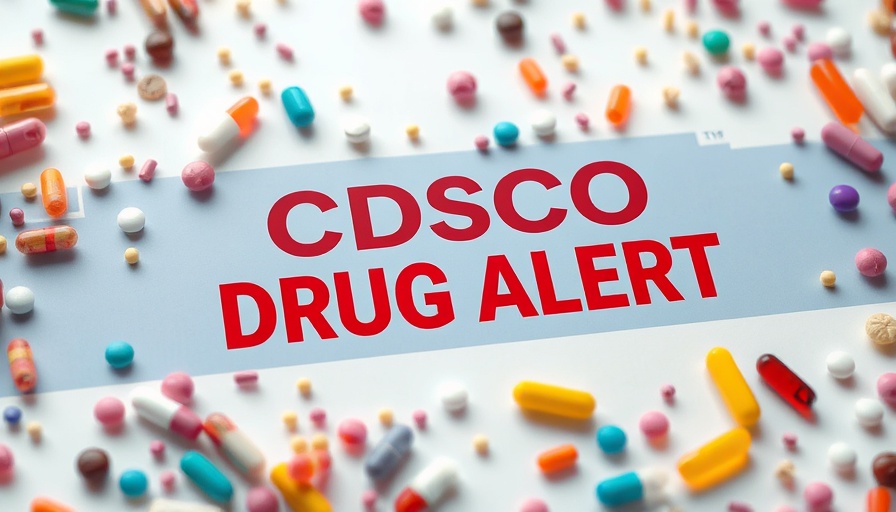
The New Face of Breast Reconstruction for Older Patients
Breast reconstruction surgery has long been considered a complex procedure with Recovery for patients often fluctuating based on a variety of factors. However, recent research indicates that older patients, traditionally viewed as a challenging demographic due to potential procedural complications, may actually demonstrate greater efficiency and shorter operative times during breast reconstruction. This groundbreaking insight paves the way for understanding how age, often seen through a lens of caution in surgical circles, might lend itself instead to newfound efficiencies in surgical protocols.
Understanding the Study's Findings
The study underlines that older patients, particularly those receiving breast reconstructive surgery, have shown a remarkable adaptability. Operating times have reportedly decreased, emphasizing the surgeons’ ability to implement procedures more seamlessly with these patients, hinting at a synergy between experience and surgery efficiency.
This could be attributed to factors such as greater cooperation among older patients in post-operative care and recovery, as well as their historical reliance on healthcare, which may make them more amenable to following medical advice throughout treatment. Furthermore, the psychological readiness often found in older patients could enhance their overall healing process.
Broader Implications for Healthcare and Telemedicine
The potential efficiencies noted in breast reconstruction for older patients could also have far-reaching implications for healthcare practices, particularly in the realm of telemedicine. Given the ongoing evolution within the healthcare landscape, particularly post-pandemic, embracing telemedicine offers a powerful tool to ensure patients receive appropriate pre- and post-operative care without the added stress of physical travel. By incorporating virtual consultations, healthcare providers can enhance accessibility for older patients who might find travel burdensome, while still efficiently managing their pre- and post-operative needs, ultimately leading to better health outcomes.
Fostering Community Awareness and Access
Understanding these findings can significantly influence community perceptions of breast reconstruction, showing it is a viable option for older populations who desire cosmetic enhancement after mastectomies. Challenging age-related stigmas surrounding surgical procedures encourages conversations about body positivity and rebuilding confidence, driving increased awareness and understanding within our communities.
Actionable Insights for Patients and Caregivers
For seniors considering breast reconstruction, these findings merit a constructive discussion with healthcare professionals. Valued insights can help patients better understand the procedures available and the efficiencies that may accompany their age group. Engaging fully in one's healthcare journey enhances patient outcomes, allowing for a life replete with possibilities beyond the burdens of past ailments.
It’s essential for families and caregivers to advocate for these patients, ensuring they receive the necessary support to navigate their healthcare journey effectively. Resources like support groups and telemedicine can serve as vital components in providing ongoing care.
Why This Matters?
As communities grow and diversify, understanding the dynamics within older populations is crucial, especially regarding significant medical procedures like breast reconstruction. Encouraging this conversation aids in creating well-rounded, supportive environments for patients, reducing the stigma often associated with surgery and age.
 Add Row
Add Row  Add
Add 




Write A Comment